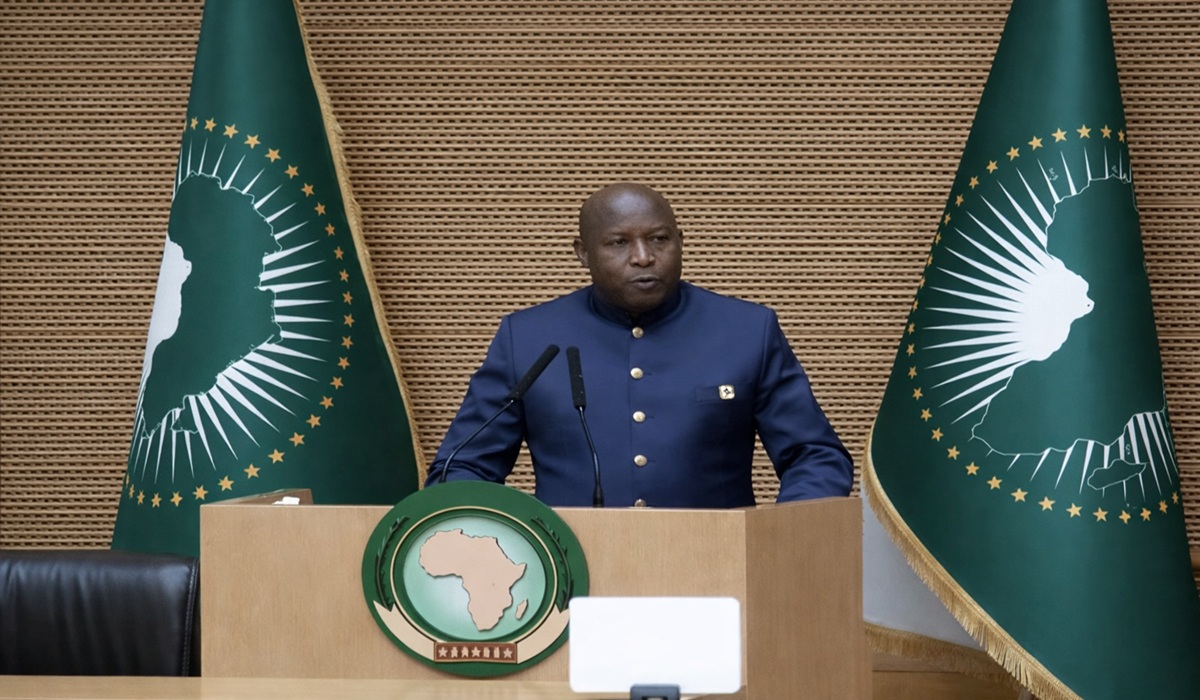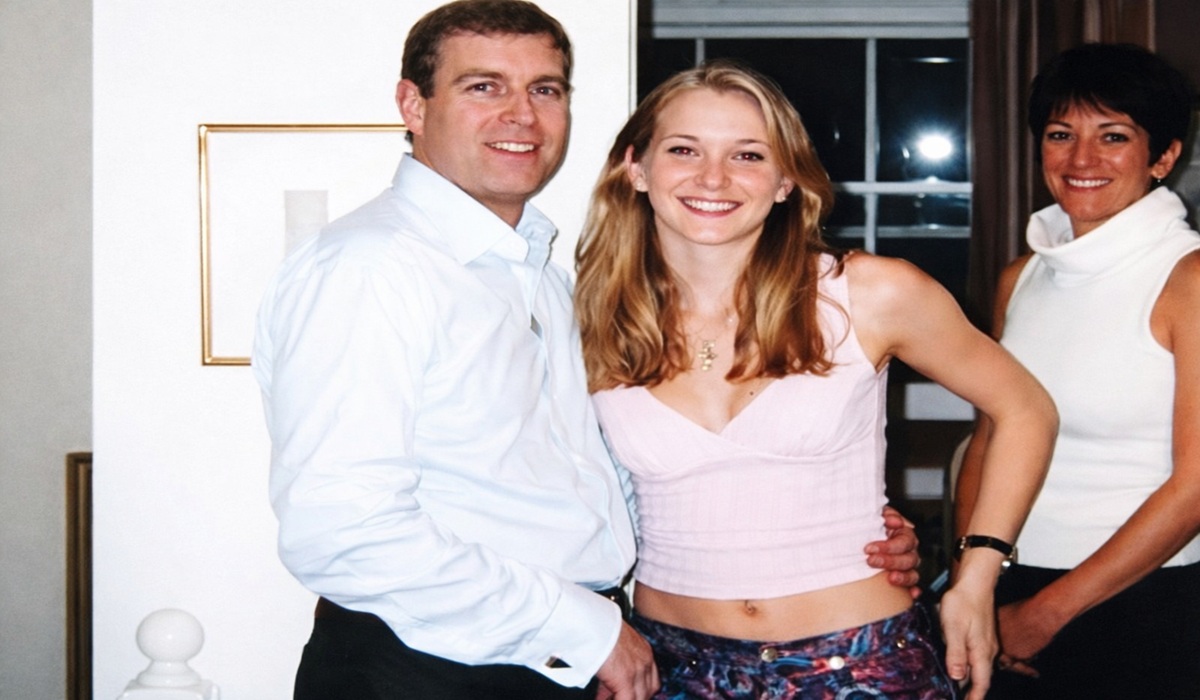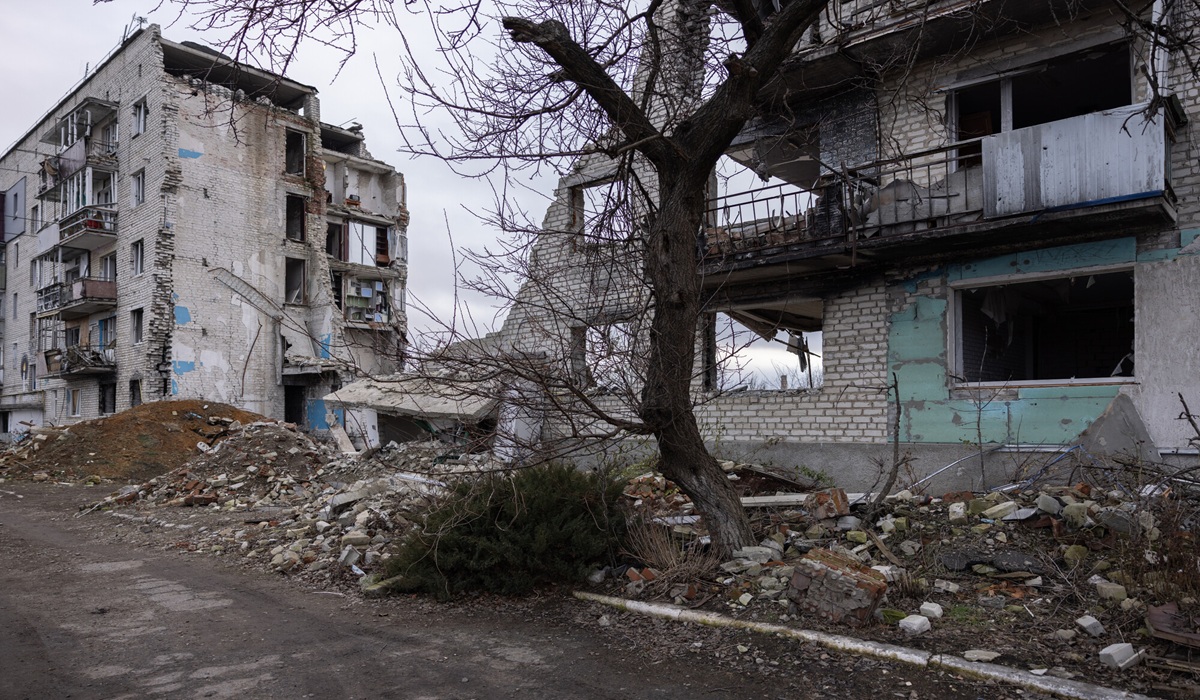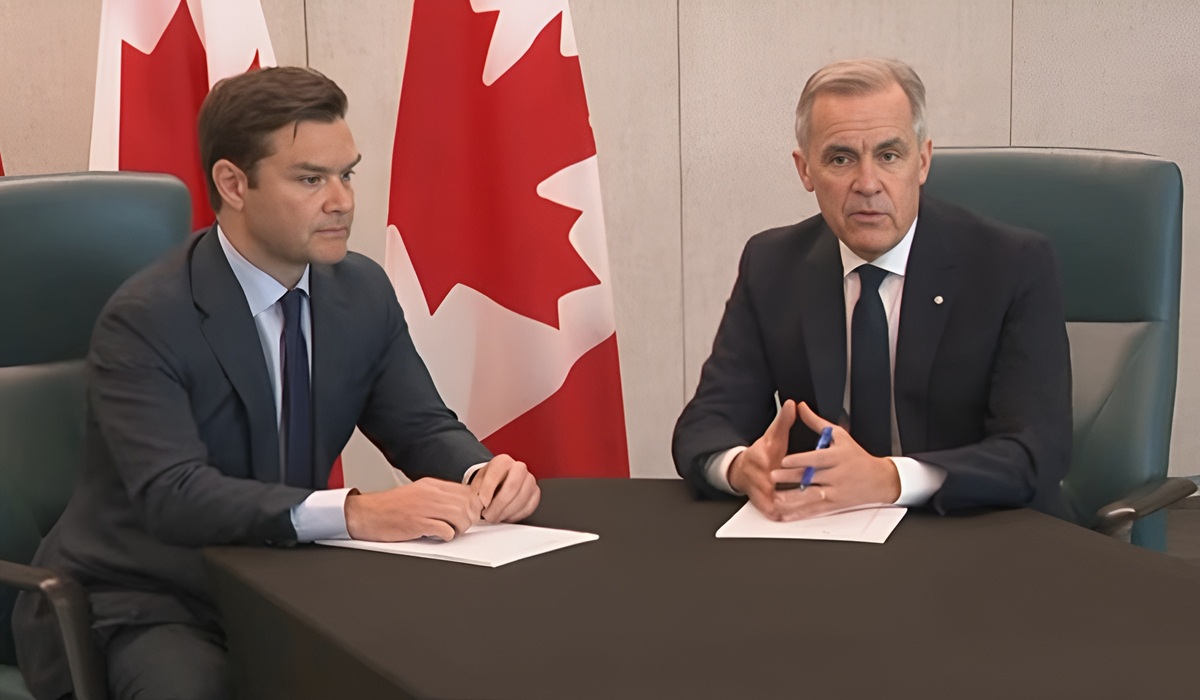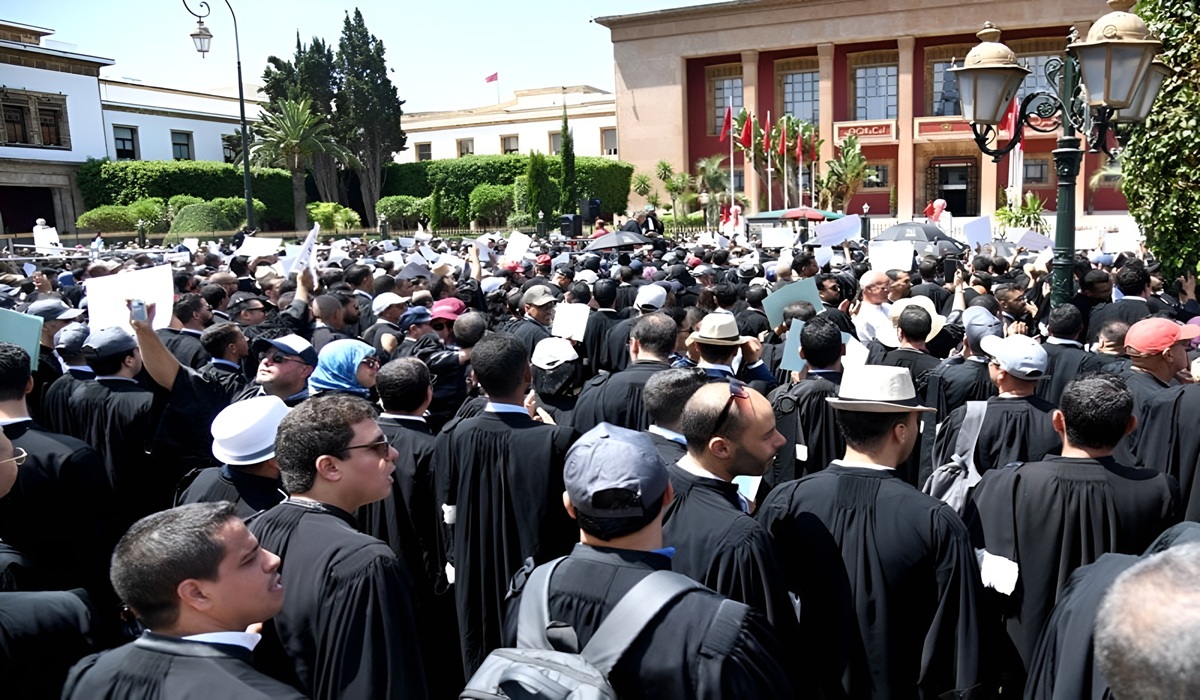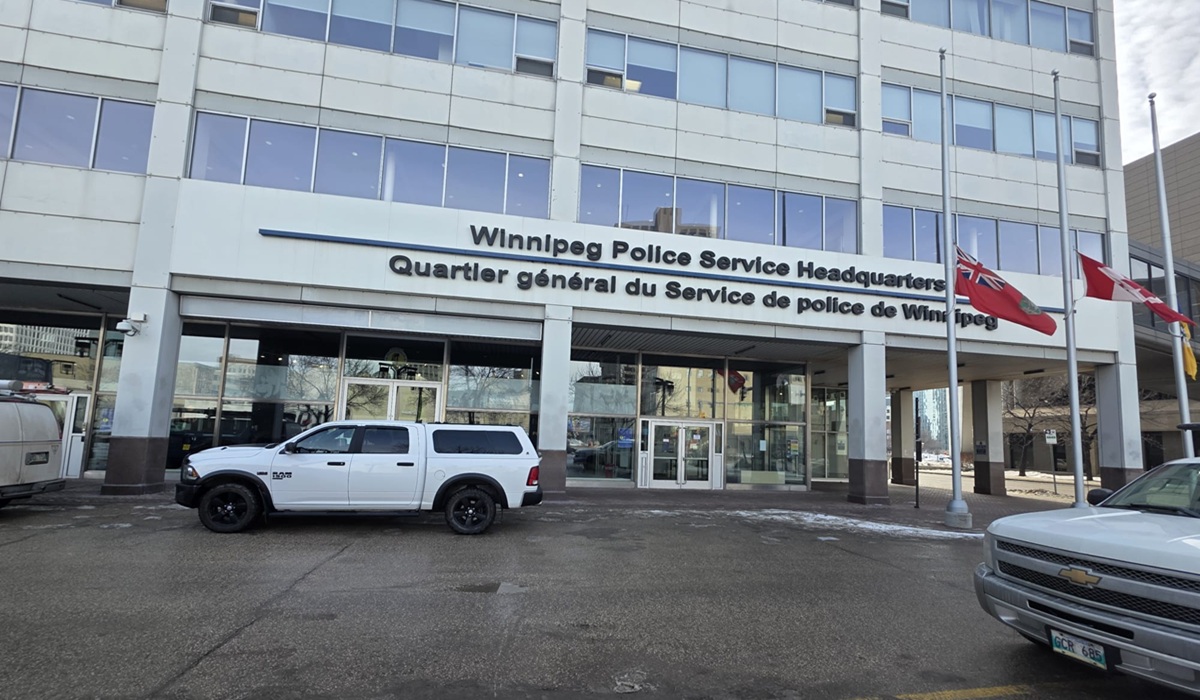The Two-State Illusion: Why Peace in Gaza Was Never Hard—Just Inconvenient
- TDS News
- Breaking News
- October 13, 2025
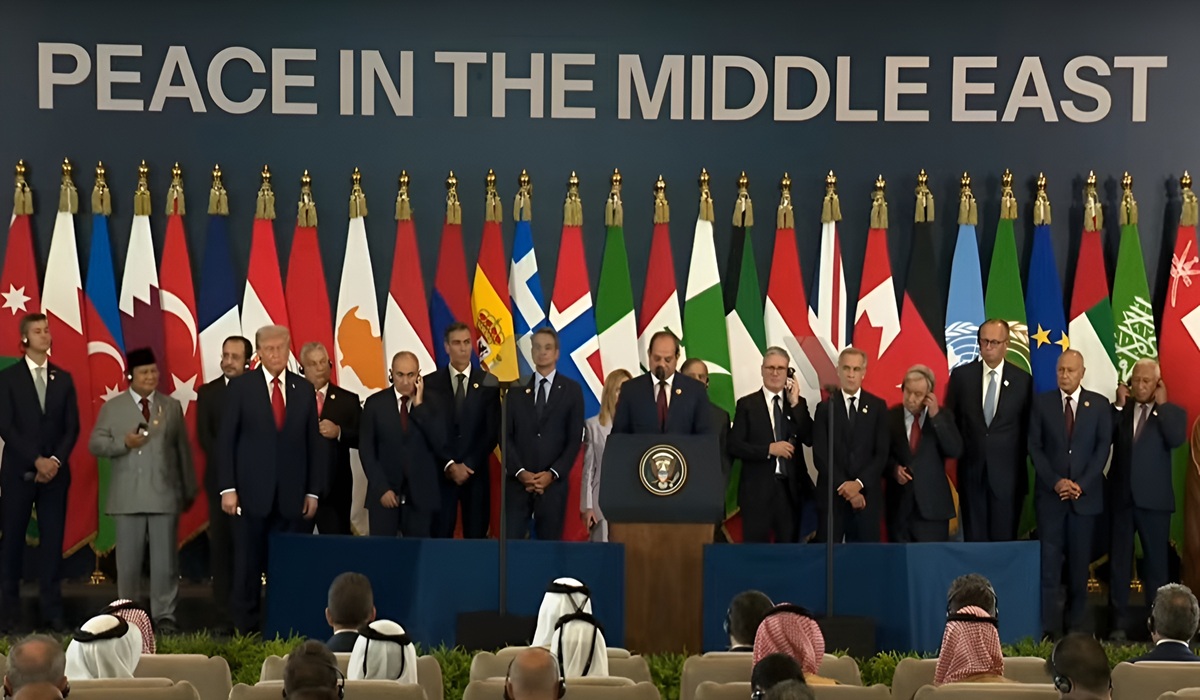
By: Donovan Martin Sr, Editor in Chief
It is often said that the Israeli-Palestinian conflict is one of the most complex disputes in modern history — but perhaps that’s the greatest myth of all. Complexity is the convenient disguise that masks indecision, self-interest, and geopolitical theatre. Because when we strip away the layers of diplomacy, religious rhetoric, and moral posturing, the truth becomes painfully simple: if the United States, Britain, and France truly wanted a two-state solution, it could happen tomorrow.
A century ago, in 1916, as the First World War drew to its brutal close, Britain and France — with minor consultation from Russia — sat down and carved up the Ottoman Empire through what became known as the Sykes-Picot Agreement. Borders were drawn not with compassion or context, but with rulers and ink, ignoring the people who lived within them. Those arbitrary lines birthed generations of instability across the Middle East, yet they also proved one undeniable truth: the Western powers could impose their will at will.
Fast forward to today, and the pattern remains the same. The United States, the largest financial, military, and political backer of Israel, holds in its hands the levers to end this conflict. To pretend otherwise is disingenuous. Washington could, with a single declaration, define the territorial boundaries between Israel and Palestine. It could enforce a ceasefire not just with words but with the weight of its $4 billion annual aid package. It could compel both parties — Israel and Hamas, or more broadly, Israel and Palestine — to abide by new borders, backed by the full strength of the global community. Yet it does not. Instead, the world is made to believe that “peace takes time,” that “negotiations are delicate,” and that “the situation is complicated.” But complications are a choice when simplicity threatens profit and control.
Now, there is a ceasefire — a full-on one, officially declared and globally recognized. The bombs have stopped. The rockets have stopped. The people, long caught between fear and fatigue, are stepping outside again. For the first time in months, the skies over Gaza and southern Israel are clear. The word “ceasefire” carries weight — not just political, but emotional. Streets once choked with dust and despair now echo with cautious celebration.
Hostages and prisoners are returning home. The world is watching scenes of unimaginable emotion — families reunited, parents embracing children they thought they would never see again, and neighbors holding one another in disbelief. There is relief, laughter, tears, and prayer. For a brief moment, humanity has broken through the fog of war. These are the moments people live for, the kind that remind the world that even after unimaginable pain, the human spirit still seeks peace.
Across the globe, world leaders are gathering for ceremonies, speeches, and photo ops. Smiles and handshakes fill grand halls draped in flags. Presidents and prime ministers congratulate each other for their “historic achievement.” The cameras flash, the applause swells, and the headlines celebrate a long-awaited breakthrough. It’s a moment of unity, one that the world desperately needed.
And yet — as beautiful as it all looks — we must not lose sight of the truth. Just as fast as these leaders were able to gather to celebrate peace, they could have gathered months ago to stop the war. This ceasefire, this moment of relief, was never impossible; it was simply postponed. The same voices now calling for peace had the power to prevent the devastation in the first place.
Still, it is right to celebrate. It is right to be hopeful. Because for once, the air is still. Children are sleeping without fear. The bombs have stopped falling. And for that, the world should be grateful. But gratitude should not replace accountability. The question remains — why did it take so long? Why was so much suffering necessary before compassion became convenient?
This ceasefire is not a miracle. It is proof of control. Proof that when the powerful truly want something to end, it ends. The United States, Britain, and their allies could have enforced peace at any moment — not through speeches, but through decisive action. The two-state solution could have been declared decades ago. The borders could have been drawn. The violence could have been prevented. It was always within reach.
It’s not that peace was too hard; it was too unprofitable. And that’s the uncomfortable truth behind every handshake and every smiling photograph today.
Yes, there is peace for now. And yes, the world should cherish it. But we must not pretend this wasn’t always available — that this relief, this joy, this reunion of families, could not have happened sooner. The world has witnessed not a triumph of diplomacy, but a demonstration of delayed will.
So, as the world exalts this ceasefire, let’s remember: the power to end this conflict was always there. It still is. Peace was never hard — it was merely inconvenient.

